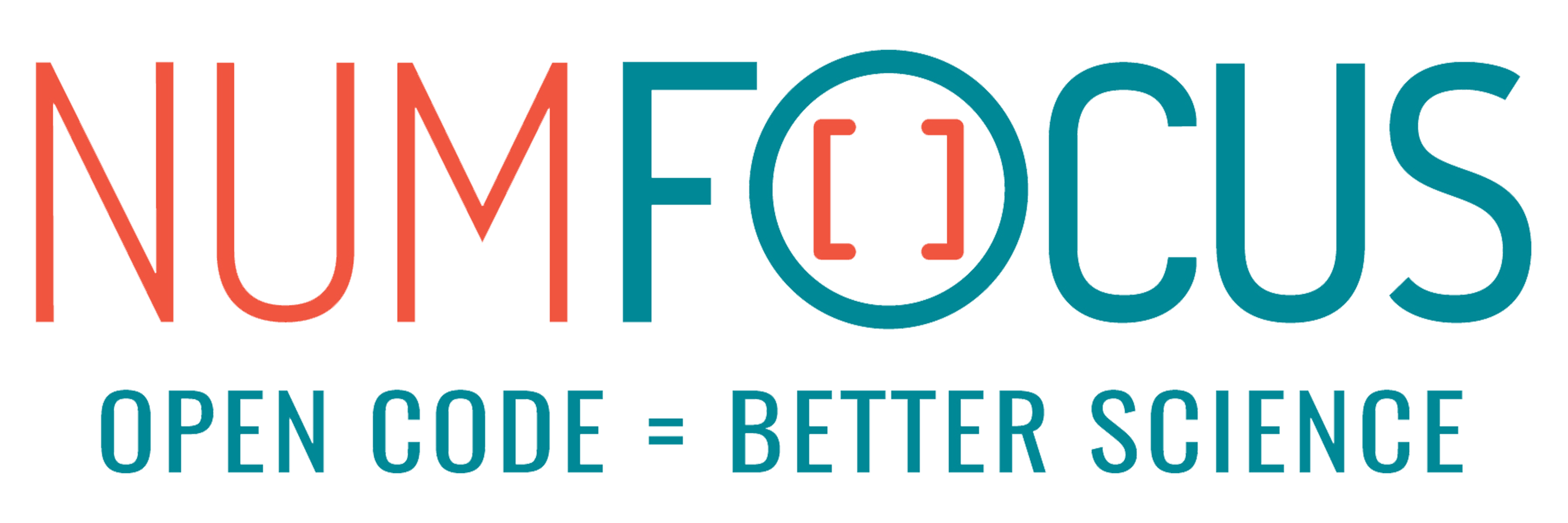Projeto: Machine Learning: Linguagens de Programacao 2004-2001
Projeto de Data Science e Machine Learning de análise de linguagens de programação de 2004 a 2021 obtidos a partir do seguinte dataset do Kaggle.
Tecnologias
- Python 3
- Jupyter Notebook
- Pandas
- NumPy
- Matplotlib
- Seaborn
- Scikit-Learn
- Requests
- REST API Call (Github API)
Algoritmos
- Regressão Linear
Inicialmente, serão visualizados dados de séries temporais e regressão linear.
Tratamento de dados
df = pd.read_csv('Most Popular Programming Languages from 2004 to 2021 V4.csv')
def createDataFrameFor(df, colunas, colunaAtual):
return pd.DataFrame(
{
'Date': df.Date,
'Timestamp': map(lambda i : datetime.strptime(df["Date"][i], '%B %Y'), range(len(df.Date))),
'Language': colunas[colunaAtual],
'Value': df[df.columns[colunaAtual]]
}
)
colunas = df.columns
dados_tratados = createDataFrameFor(df, colunas, 1)
for coluna in range(1, len(colunas)):
dados_tratados = pd.concat([dados_tratados, createDataFrameFor(df, colunas, coluna)])
dados_tratados.reset_index(drop=True, inplace=True)
dados_tratados['UnixTime'] = list(map(lambda i: (pd.to_datetime([dados_tratados['Timestamp'][i]]).astype(int) / 10**9)[0], range(len(dados_tratados['Date']))))
Visualização dos dados
df_java = dados_tratados[dados_tratados['Language'] == 'Java']
sns.regplot(x="UnixTime", y="Value", data= df_java)
plt.gcf().set_size_inches(16, 6)
plt.ylabel('% de uso da linguagem Java')
plt.xlabel('Anos em Unix Time de 2004 a 2021')
plt.show()
X = df_java.UnixTime.values.reshape(-1, 1)
y = df_java.Value.values.reshape(-1, 1)
X_train, X_test, y_train, y_test = train_test_split(X, y, test_size=0.33, random_state=42)
reg = linear_model.LinearRegression()
reg.fit(X_train, y_train)
y_pred = reg.predict(X_test)
plt.scatter(X_test, y_test, color='blue')
plt.plot(X_test, y_pred, color='red', linewidth=3)
plt.gcf().set_size_inches(16, 6)
plt.ylabel('% de uso da linguagem Java')
plt.xlabel('Anos em Unix Time de 2004 a 2021')
plt.show()
Plots gerados
- Regressão Linear com Seaborn (SNS):
- Regressão Linear com Scikit-Learn (LinearRegression) e Matplotlib:
Plots de evolução das linguagens Java, Javascript, Python, C#, PHP, Delphi, Dart e Cobol nos últimos 17 anos
dados = df
dados['Date'] = pd.to_datetime(dados['Date'])
dados.set_index('Date', inplace = True)
fig, axes = plt.subplots(nrows=4, ncols=2)
dados['Java'].plot(ax=axes[0,0], title = "Análise da linguagem Java nos últimos 17 anos")
dados['JavaScript'].plot(ax=axes[1,0], title = "Análise da linguagem JavaScript nos últimos 17 anos")
dados['Python'].plot(ax=axes[0,1], title = "Análise da linguagem Python nos últimos 17 anos")
dados['C#'].plot(ax=axes[1,1], title = "Análise da linguagem C# nos últimos 17 anos")
dados['PHP'].plot(ax=axes[2,0], title = "Análise da linguagem PHP nos últimos 17 anos")
dados['Delphi'].plot(ax=axes[2,1], title = "Análise da linguagem Delphi nos últimos 17 anos")
dados['Dart'].plot(ax=axes[3,0], title = "Análise da linguagem Dart nos últimos 17 anos")
dados['Cobol'].plot(ax=axes[3,1], title = "Análise da linguagem Cobol nos últimos 17 anos")
plt.gcf().set_size_inches(16, 22)
plt.show()
Autor
- Victor Hugo Negrisoli
- Desenvolvedor Back-End Sênior | Analista de Dados







